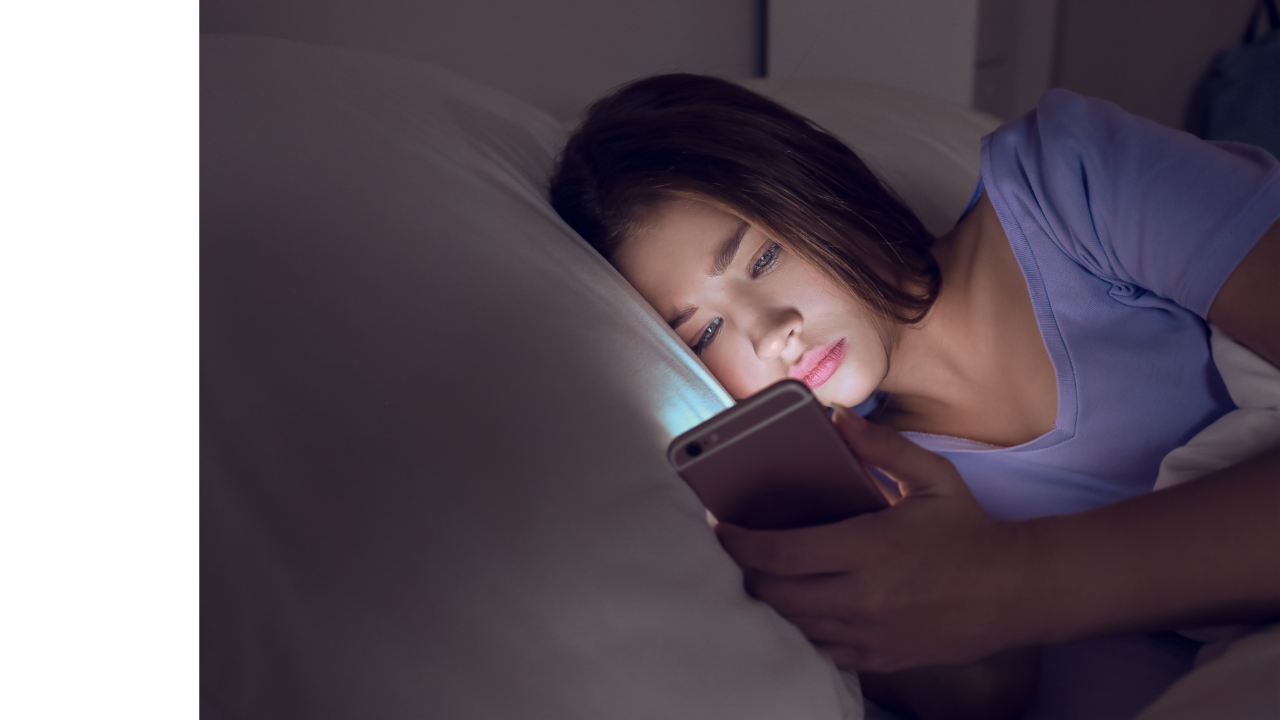
Reflecting on Adolescence: A Stark Reminder About the Power of Phones
Apr 28, 2025Recently, I had the opportunity to watch the TV series Adolescence—a show that offers a raw and honest look into the lives of today's teenagers. It shines a spotlight on how technology, particularly smartphones and social media, are shaping not only adolescent behaviour but also their emotional and mental wellbeing.
One of the most powerful messages the series reiterates is the growing danger of phone addiction. App developers have refined the formula for addictive software with such precision that even the most seasoned Las Vegas casinos would be impressed. Every swipe, notification, and like is carefully engineered to deliver a surge of dopamine—a feel-good chemical in the brain. Over time, these repeated dopamine hits begin to physically change the brain’s structure and functioning, making it harder to resist the pull of the screen.
The most addictive platforms—particularly social media and video games—are intentionally designed to keep users hooked, often at the expense of sleep, relationships, academic performance, and mental health. It’s no wonder that experts are now calling social media "the new smoking": a habit that's easy to pick up, incredibly hard to put down, and increasingly linked to serious and lasting harm. Like smoking, the early warnings about the dangers of excessive screen time are clear. We know it is harmful, we know it is addictive, and we know it can lead to serious consequences—yet many parents are not taking it seriously enough.
Despite the growing body of research and the alarming trends in youth mental health, there remains a widespread sense of denial or helplessness. Many parents, understandably, feel overwhelmed by the cultural pressure to keep their kids "connected" or fear social exclusion if their child is the only one without a phone. However, Adolescence makes it painfully clear: the risks are too great to ignore. We need to treat phone use—and particularly social media use—with the same level of seriousness we eventually gave to smoking. That means setting clear boundaries, modelling healthy behaviour, having open conversations about the risks, and being willing to make unpopular decisions if it means protecting our children's wellbeing.
Adolescence doesn’t just point fingers; it invites reflection. It challenges us—parents, educators, and young people themselves—to take a step back and ask: What is all this constant connectivity costing us? And more importantly, what can we do to reclaim control over our lives and our minds?
The show is a timely and important reminder that while technology can offer incredible opportunities, it must be handled with care and intention. Phones are tools—but if we’re not careful, they can easily become the masters of our time, our attention, and our happiness.

